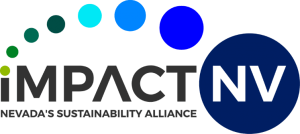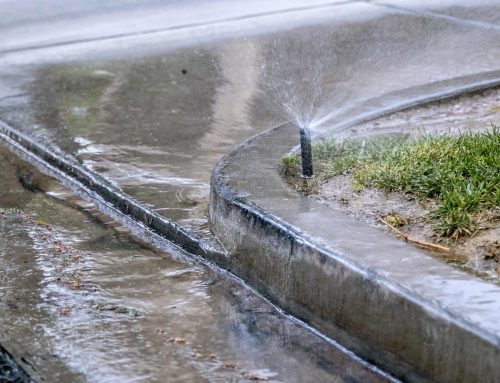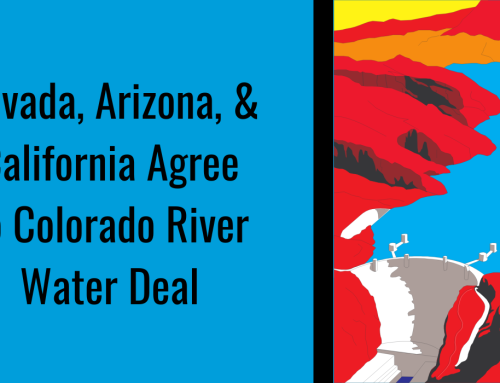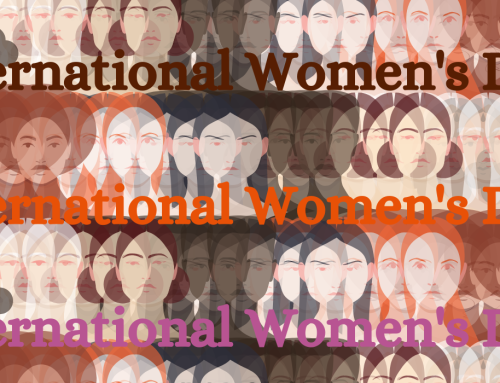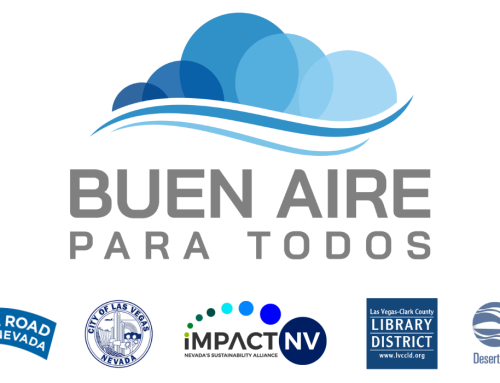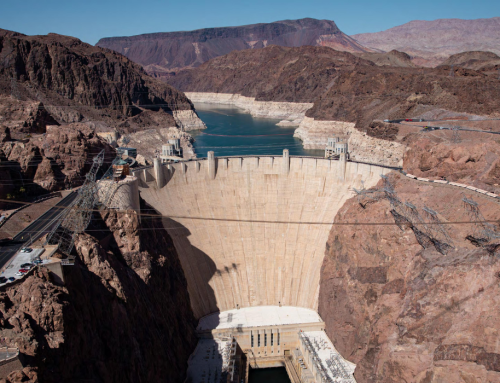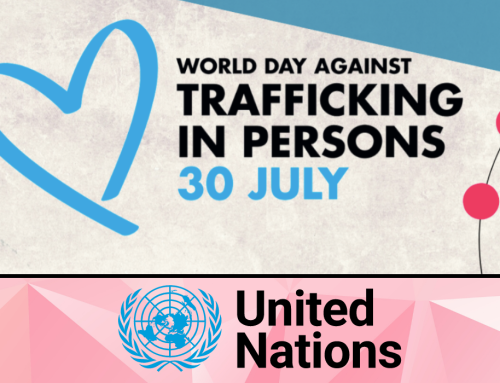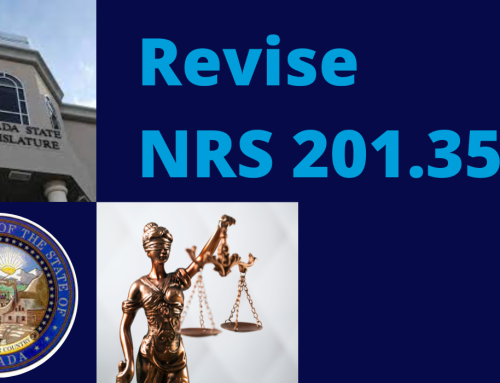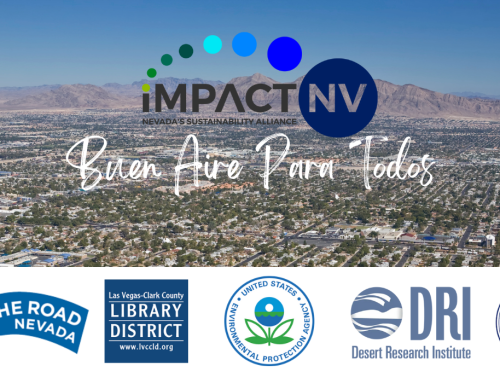Yale University’s Clean Energy Finance Forum recently interviewed Shalanda Baker, a professor of law and a professor of public policy and urban affairs at Northeastern University.
Baker points out that much of what is touted as clean energy runs the risk of exploiting or disadvantaging already disadvantaged populations. Baker says, “About a decade ago, I started writing about the structure of large clean energy projects and how they can lead to undesirable societal outcomes. I was looking at mega, mega, mega scale wind developments. There is a lot of wind supply in very rich and diverse indigenous communities. The structure [of financing and ownership] creates undesirable outcomes. I’ve gone in different directions. Right now I have two strands of research. One is looking at Mexico, and the tension between climate change mitigation and justice for communities. The other big strand of my research is clean energy in states.” She notes that there are different mechanisms at work depending on context. In the international context, there is no oversight and so private companies can work without regard for human rights. In the domestic context, on the other hand, the problem is related to who has access to available financing.
Baker also sees opportunities for change in the amount of/and access to clean energy post COVID-19. She says, “I see a great opportunity to advance clean energy. I was walking around today with my mask and lamenting the loss of the old world but at the same time not wanting to go back to that. That world was inherently unequal. We have a chance to infuse states with capital – if the Federal government decides that that’s worth it- and invest in green infrastructure, invest in communities that are most impacted by Covid which also happen to be most impacted by the fossil fuel system… The crisis can be used to increase rates on folks, to justify retrograde investments, any number of things. We don’t have an analog to this scale of economic distress, so I have no idea what’s going to happen but I can almost guarantee that it’s not going to help the poorest people…We need utilities, but not in the form they’re in right now- public power is promising. You can read the full interview here.
